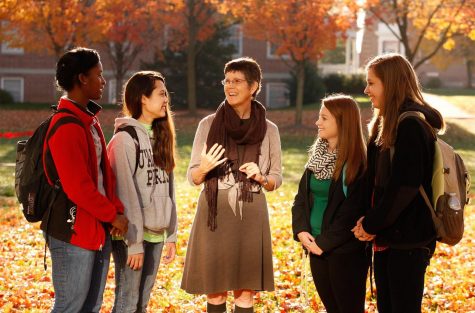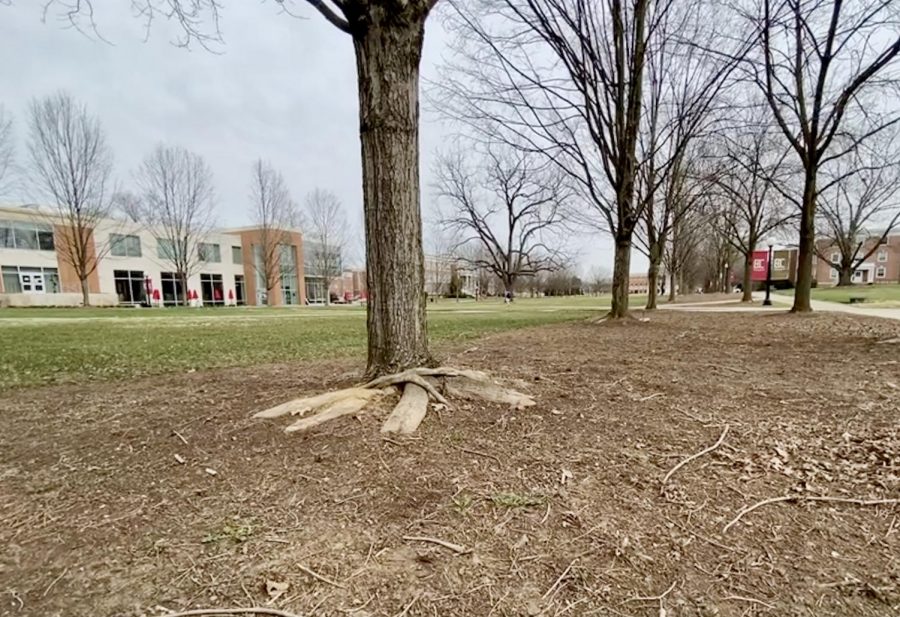Radical Hospitality

Bridgewater, Va. – At the start of a workshop I attended two years ago, the opening exercise involved responding to the prompt: “What is one place you really feel you belong and one place you feel you need to go?”
There were 25 of us in the room and you will not be surprised to hear that there were 25 distinct answers. Try the exercise yourself. Perhaps one’s sense of where they belong is tied to a place—as in I belong in the mountains, I belong on the beach or I belong in the city.
Or perhaps one’s sense of belonging is tied to an activity—as in I belong on the court or the field, I belong on the stage or in the choir or I belong on my bicycle.
Sometimes it is easier to identify when or where one does not belong—when one feels ill at ease, when one feels like the outsider or where one feels unwelcome. I know those feelings well.
Early in my life, my family moved often and I was forced to change schools and make new friends every two to five years. When Alice Merton released her song “No Roots,” a close friend played the song for me and said – “It’s your theme song – you’ve got no roots!”
“Where do I belong?” For me, the question has at its nexus the power of relationships.
To feel a sense of belonging – a sense of connectedness—to a place or a situation requires not just our own agency but the actions and responses from those around us. Belonging is relational. Every time I moved to a new town, I could not passively wait for others to invite me to participate in activities.
My new classmates already had friends, had networks, and I needed to continually create connections with these strangers. I was equally dependent on their hospitality. They needed to be willing to make space for me to join their pre-established groups and I needed to trust that I was welcome.
It was not easy and it was often painful and uncomfortable. Moving taught me that the feeling of comfort that typically defines a sense of belonging is intimately tied to the degree to which one feels not only respected, but valued.
So while it is true that I have no place I call my “hometown,” I do have roots. I plant my roots in a commitment to “radical hospitality.” Radical hospitality is the practice of welcoming the stranger.
I have a responsibility to welcome the other, to appreciate what I can learn from someone very different from me, to build a space where they also feel they belong. I have a duty to create spaces where people feel seen, heard and valued. In other words, I feel the deepest sense of belonging only when I am doing the work to ensure that others feel they also belong.
Betsy Hayes, Associate Professor of Sociology

